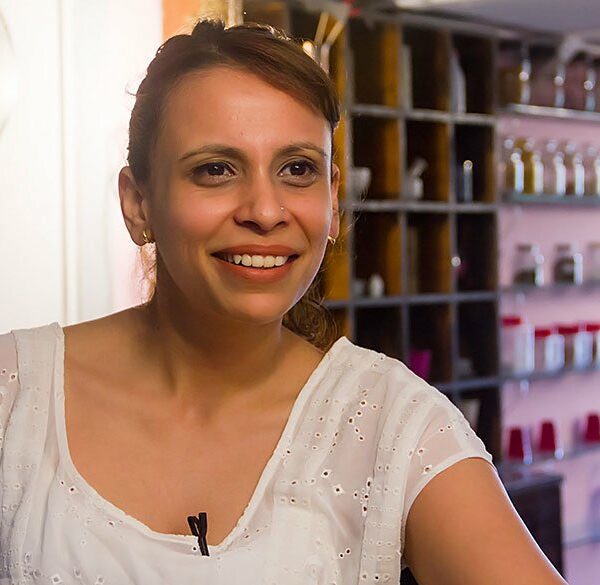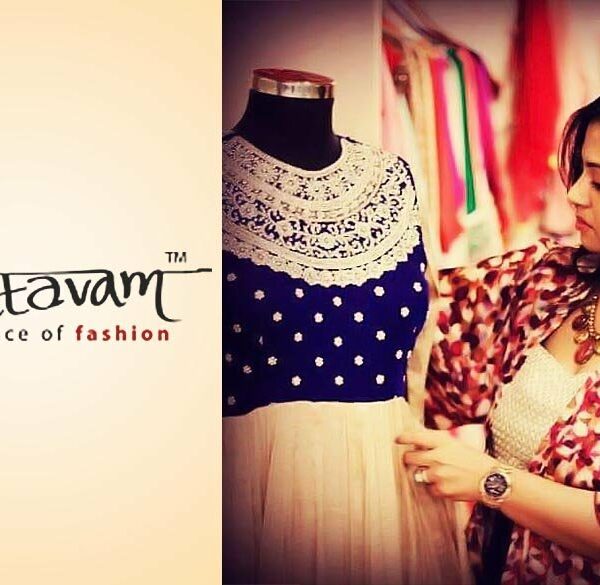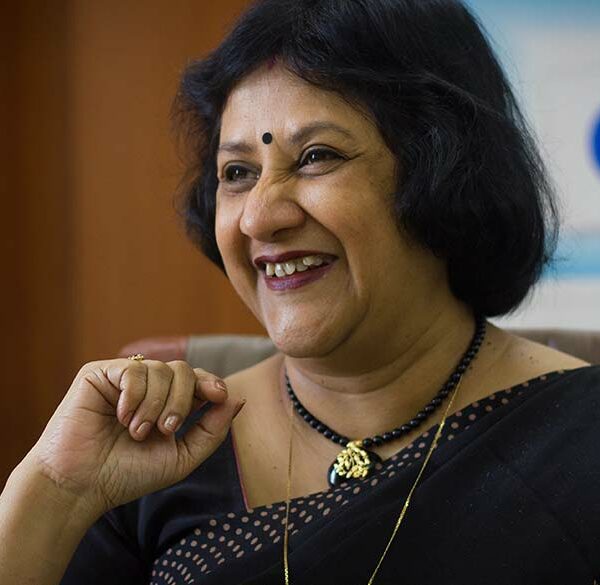A child born in a family, everyone gathers around the nurse to get a glimpse.
More than the glimpse of the child, what they want to know more is the sex of the child. Is it a boy or a girl?
They say it’s a boy and a wave of joy strikes the faces of everyone around. Girl?- oh! the bliss of having a child is still there, but it does not seem to be at the same level as the birth of a boy. The doctor gives a lopsided smile, the father smiles back, unable to show any clear signs of happiness or remorse, “Thank you, doctor.”

What is it that makes the birth of a female child such an unwanted affair? Even though times are changing and people are beginning to leave their gender discriminations aside and treat males and females equally, the majority of the population is still hiding and getting lost in the maze of genders.
What would bodies matter had they not to be assigned with genders, with social roles that made one body so different from the another that we cringed at the birth of one and celebrated magnificently the birth of another?
This difference in response comes because of many factors. In their assignment of gender roles, patriarchy bestowed upon man the “dignified” responsibility of carrying the lineage forward. ‘The child belongs to the man’ was how it worked. The woman bore children for her husband’s family. The man was the one who had to make the family run through generations, through history, enter one epoch after the other, and never let the bloodline disappear. And was this not the reason why women who couldn’t conceive were condemned, those who could were made to bear male children as if it was up to them! Those who bore female children were again condemned or became an unwilling witness to female infanticide.
The unspoken greed of parenthood is that no matter how selfless it is considered, parents have never made babies just to make those babies happy. Human instinct rejects the idea that people would have children without any deep self-centered motives behind. So, children are made so that they can support their parents as they get old, add to the family income, and, as stated earlier, carry the bloodline forward- that would keep family property consolidated, add to it- make a name for the family.

In all of this, men have been considered a more efficient gender. They are the heads of the family in patriarchal set-ups. They are the ones who are supposed to take care of their parents, who will, in turn, offer all their material wealth to them.
This offering of the material wealth to the male child in the family is done mostly so that he can fulfil the responsibilities of a gendered society. This male child, when he gets the right to his parents’ property, is also given the responsibility to take care of them through their old age.
He has to do it with his spouse, the woman he brought into the family so that the cycle keeps going.
The female child is the “paraya dhan”, the one who does not belong- she will be taken by a man from some other family so that she can contribute to THAT family. The woman is, hence, always detached from her own family. Women, for that matter, had no rights of inheritance.
The Hindu Succession (Amendment) Act, 2005 is a recent amendment to the Hindu Succession Act, 1956. It gave daughters equal rights with sons in inheriting family property.
These rights also come with liabilities and disabilities, just like for men the inheritance they get comes with the responsibility of supporting their parents.

In an event of a similar kind, the Bombay High Court said that married women are also equally responsible for the maintenance of their parents. Married daughters, just like sons, have to take care of their parents and provide them support in their old age. This is a landmark judgement that will help abolish the age-old gender norms that consider married women as having responsibility only towards their husband’s family. The notion that women belong elsewhere is what leads to their neglect in their parents’ family.
The daughter, because she would not be the one to take care of her parents later in their life, or because she would not be the one contributing economically for the family, is relegated to a state of neglect where she is not given education or proper health care, among other facilities. Once daughters are also made liable towards their parents, they might be considered future assets that might help them with their position in the family they are born in.
In the light of this, the judgement of the Bombay High Court is highly commendable and encouraging towards betterment of women in the Indian societies.
Though the problem of discrimination against the female child is not only a result of considering her the “paraya dhan”, but goes back to the deep rooted gender that patriarchy promotes, steps like these are efficient and practical ways by which the judicial and the legislative bodies of the government can push the society forward towards a positive change.












